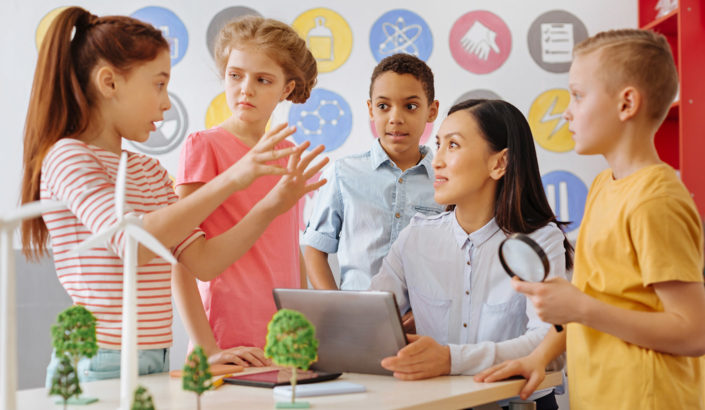What Is It?
In our world today, being an informed and engaged citizen requires some level of scientific literacy. Though the content knowledge of science is important, even more important might be the habits of mind that science develops—such as asking questions, using different methods to find answers, evaluating evidence, and balancing open-mindedness with skepticism.
Applying a prosocial lens to science instruction can help develop these habits in relation to real-world issues, empowering students to use science to help others and make the world a better place, while also making science class more interesting for them.
Prosocial science instruction can also mean working to make science more inclusive and motivating for students from diverse backgrounds; fortunately, focusing on the prosocial potential of science is one way to do exactly that.
In other words, when both the content and process of science instruction are more prosocial, both enhance each other—with potentially transformative results for our students and our world.
A middle school science teacher wants all of her students, especially those from groups underrepresented in the field, to feel that science is “for them” as much as for anyone else. So, she emphasizes how collaborative science can be, and how much science can help people in tangible ways.
To put this into practice, she has students work in cooperative project groups for labs, where each team member has an important role. She also assigns groups to choose and investigate an issue in their own community, such as air pollution or soil degradation, and report on ways that science could be used to address it.
A high school biology teacher wants his students to see science not as a list of terms to memorize, but as a way to approach and work towards solving pressing, unsettled problems in our society. To this end, he creates a curriculum around “socioscientific issues” such as genetic engineering of crops, genetic testing databases, and the effects of climate change on ecosystems.
For each issue, students first learn the relevant content knowledge, then have structured discussions or debates in which they present different research-based views; finally, they reflect and come to their own conclusions about the issue and how it will affect choices they make in their own lives.
Why Is It Important?
Making science more prosocial makes it more inclusive and enjoyable.
- Though they may not initially perceive science as prosocial, studies show that students from groups underrepresented in science—from elementary school girls to first-generation and ethnically-marginalized college students—show significantly more interest in science when they perceive it as having the potential to help people and give back to their communities.
- Even as young as kindergarten, positive teacher interactions around science lead children to like science more and see themselves as more competent in it.
Cooperation enhances science interest and learning.
- When students see science as collaborative, they are more intrinsically interested in it and motivated to study it; this is true for students in general, but especially so for groups underrepresented in the STEM pipeline, such as female and first-generation students.
- Using prosocial practices like cooperative problem solving and reflection can have benefits for both students’ learning and their social-emotional skills.
Science can help students become more informed and engaged citizens.
- Scientific literacy and character can work hand-in-hand to promote responsible decision-making in society. As students learn scientific principles and habits of mind, such as seeking and evaluating evidence, they also have the chance to build character by challenging their own biases and working with others to find solutions.
- Instead of focusing on de-contextualized knowledge, science education can empower students as citizens to understand and participate in decisions about the ways science and technology are used in society.
- Especially when science is situated in local community issues, it is more likely to engage marginalized students and enable progress towards justice.
Discussing science in the context of social issues can help students become more morally sensitive and compassionate.
- “Socio-scientific issues,” or SSIs, are controversial scientific issues with profound social implications. SSI-based science curricula often involve explicit consideration of the personal, local/national, and global aspects of the issues, as well as open discussions or debates among students.
- Research indicates that teaching science in this way—with middle schoolers, high schoolers, or even pre-service teachers—can help students feel more sensitive to the moral side of scientific issues, more compassionate towards the diverse groups of people affected by the issues, and more responsible for taking action around the issues.
- However, students may struggle to feel that they can actually make a difference, so teachers should incorporate accessible ways of taking action and making changes in everyday life.
Practices

Exploring Intellectual Humility through Astronomical Discoveries
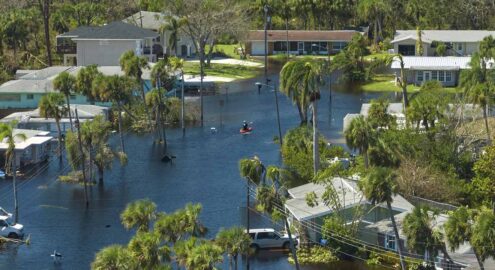
Inspiring Climate Awareness Through Gratitude

Seeking Connection to Vastness

Compass Points

Norm Co-creation
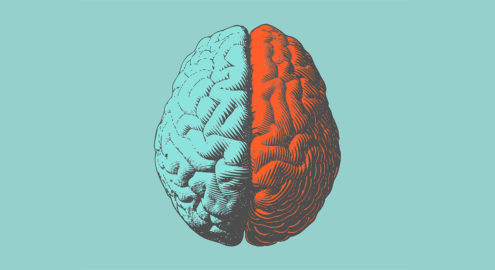
Understanding the Brain for Grades 4-7
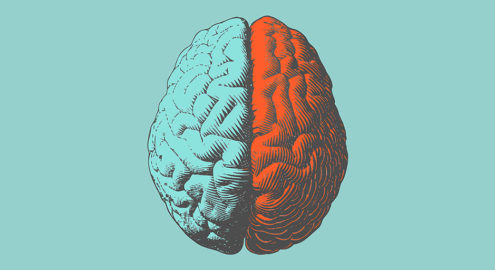
My Mindful Brain for K-3
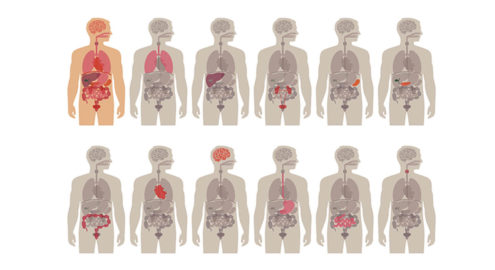
Scientific Body Scan Visualization

Earthrise: Bearing Witness to Our Planet

Earthrise: Fostering Awe

Earthrise: Cultivating Global Citizenship

Earthrise: Instilling Reverence for the Earth

Why Do Good People Do Bad Things?
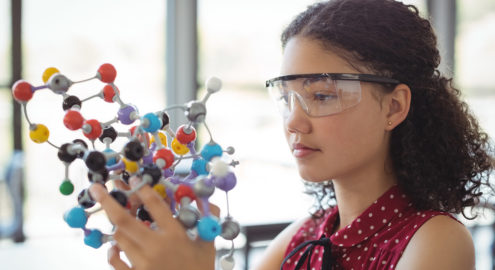
Making Science Meaningful

Encouraging Prosocial Actions in Students
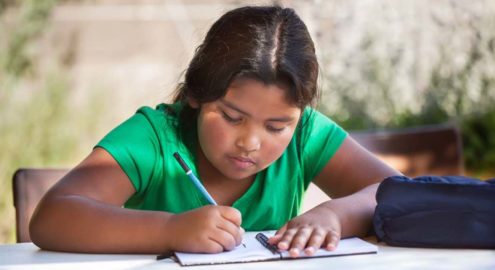
Contemplative Writing

Contemplative Reading

Be Like Nature: Mindfulness for Young Children

Do you want to dive deeper into the science behind our GGIE practices? Enroll in one of our online courses for educators!

